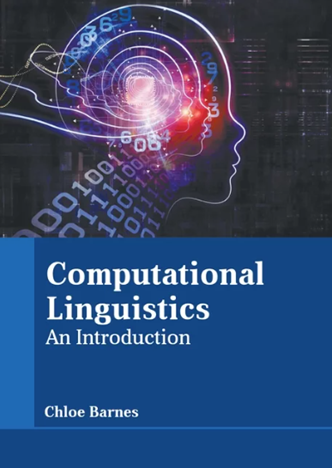事件命名词的 UG-schematic 注释:普通话案例研究
IF 5.3
2区 计算机科学
引用次数: 0
摘要
在表层观察到的语言差异是多语言数据表示所面临的一大挑战,尤其是涉及到类型学上相距甚远的语言时。本文从形式主义乔姆斯基的语言普遍性视角--普遍语法(UG)中汲取灵感,采用演绎预设普遍性来分析多语言异质现象--事件称谓语。通过这种方法,我们发现了事件称谓语在不同语言中巨大差异下的深层普遍性,这使我们有能力打破语言之间的障碍,从而将从一些合成语言中获得的见解扩展到非会意语言--汉语普通话中。我们的实证调查也证明了这种受 UG 启发的模式是有效的:在它的帮助下,普通话中识别事件名词的标注者间一致率(IAA)从 88.02% 提高到了 94.99%,在新建立的数据上自动检测事件阅读名词的准确率达到了 94.76%,F1 得分为 91.3%,分别比在原有资源上的准确率和 F1 得分高出 9.8% 和 5.2%。我们的系统分析还揭示了名义语义角色标签(SRL)。通过对事件名词的参数进行明确的定义和分类,这项任务的 IAA 从 90.46% 显著提高到 98.04%。本文章由计算机程序翻译,如有差异,请以英文原文为准。
UG-schematic Annotation for Event Nominals: A Case Study in Mandarin Chinese
Divergence of languages observed at the surface level is a major challenge encountered by multilingual data representation, especially when typologically distant languages are involved. Drawing inspirations from a formalist Chomskyan perspective towards language universals, Universal Grammar (UG), this article employs deductively pre-defined universals to analyse a multilingually heterogeneous phenomenon, event nominals. In this way, deeper universality of event nominals beneath their huge divergence in different languages is uncovered, which empowers us to break barriers between languages and thus extend insights from some synthetic languages to a non-inflectional language, Mandarin Chinese. Our empirical investigation also demonstrates this UG-inspired schema is effective: with its assistance, the inter-annotator agreement (IAA) for identifying event nominals in Mandarin grows from 88.02% to 94.99%, and automatic detection of event-reading nominalizations on the newly-established data achieves an accuracy of 94.76% and an F1 score of 91.3%, which are significantly surpass those achieved on the pre-existing resource by 9.8% and 5.2% respectively. Our systematic analysis also sheds light on nominal semantic role labelling (SRL). By providing a clear definition and classification on arguments of event nominal, the IAA of this task significantly increases from 90.46% to 98.04%.
求助全文
通过发布文献求助,成功后即可免费获取论文全文。
去求助
来源期刊

Computational Linguistics
Computer Science-Artificial Intelligence
自引率
0.00%
发文量
45
期刊介绍:
Computational Linguistics is the longest-running publication devoted exclusively to the computational and mathematical properties of language and the design and analysis of natural language processing systems. This highly regarded quarterly offers university and industry linguists, computational linguists, artificial intelligence and machine learning investigators, cognitive scientists, speech specialists, and philosophers the latest information about the computational aspects of all the facets of research on language.
 求助内容:
求助内容: 应助结果提醒方式:
应助结果提醒方式:


